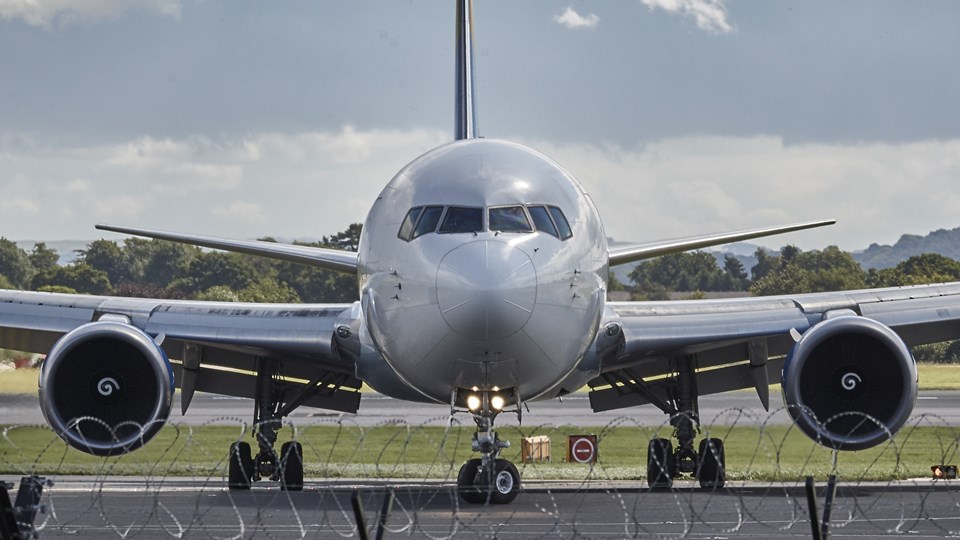Cleaning up air travel to help protect the environment
University of Leeds researchers are playing a key role in the development and design of tools needed for the next generation of environmentally-friendly aircraft.

Engineers from the University of Leeds are leading the EU-funded Aerospace Multidisciplinarity-Enabling Design Optimisation (AMEDEO) project to modify the design of aircraft engines and fuselages to improve fuel and build efficiency. This project is a collaboration of more than a dozen industry and academic partners throughout Europe, including Rolls-Royce, Airbus, Altair Engineering Ltd, ONERA – the national aerospace research organisation of France, Queen Mary University of London and Imperial College London.
Funded as part of the EU’s Marie Curie research programme AMEDEO is training 15 early-stage research engineers in Multidisciplinary Design Optimisation. The technique has been identified by the European Commission as critical for the future sustainability of the European aerospace industry. It brings together computer modelling in individual areas such as aerodynamics, structural mechanics, heat transfer and acoustics into one whole design process. By optimising the overall design rather than individual elements, this technique ensures that one area is not optimised at the expense of other features.
Working with partners across the EU including business means that the project aligns with the key issues and challenges facing the European aerospace industry as a whole, including energy efficiency and aircraft safety and noise reduction.
-
Adam Clarke
adam.clarke@russellgroup.ac.uk
020 3816 1302
-
Stephanie Smith
020 3816 1310
 X
X


